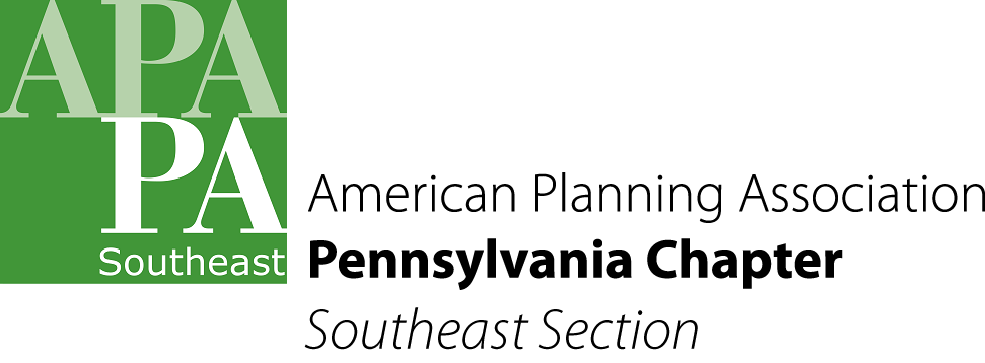Community Conservation Partnership Program Grants
More Information: https://www.brcgrants.dcnr.pa.gov/
Deadline: April 22, 2020
DCNR is accepting applications for its Community Conservation Partnerships Program grants. The 2020 grant application round opened January 15 and will close April 22. Funds can support projects such as:
- Planning, acquisition, and development of public parks
- Trail planning and construction
- River conservation and access
- Open space conservation
- Streamside tree planting
Applicants should contact their Bureau of Recreation and Conservation Regional Advisor to discuss project ideas and application requirements prior to submitting. To apply for a grant, please use the DCNR Grants Customer Service Portal.
Food Recovery Infrastructure Grant
More Information: https://www.dep.pa.gov/Business/Land/Waste/Recycling/Municipal-Resources/FinancialAssistance/Pages/default.aspx
Application deadline: April 24, 2020
Contact: mvottero@pa.gov, 717-787-7382
These grants of up to $200,000 provide assistance to eligible nonprofit organizations such as shelters and food banks for proper food management. “Access to fresh food in underserved communities is a public health and quality of life issue, but it’s also an environmental justice issue. While traveling across the state, my staff and I often hear from underserved communities that access to fresh food is a significant concern, so we wanted to do our part to address this issue in a meaningful, environmentally focused way,” said DEP Secretary Patrick McDonnell. The grant application deadline is April 24, 2020.
Economic Impact Initiative Grants
More Information: https://www.rd.usda.gov/programs-services/economic-impact-initiative-grants
Purpose
Economic Impact Initiative Grants provide funding to assist in the development of essential community facilities in rural communities that have extreme unemployment and severe economic depression.
An essential community facility is one that provides an essential service to the local community, is needed for the orderly development of the community, serves a primarily rural area, and does not include private, commercial, or business undertakings.
Examples of essential community facilities include:
- Healthcare: hospitals, medical clinics, dental clinics, nursing homes, assisted-living facilities
- Public Facilities: city/town/village halls, courthouses, airport hangers, street improvements
- Community Support Services: child care centers, community centers, fairgrounds, transitional housing
- and more
Eligibility
Public bodies, federally-recognized tribes, and nonprofit organizations in eligible rural areas may apply.
Eligible rural areas must meet specific criteria:
- Cities, villages, townships, and federally-recognized tribal lands with no more than 20,000 residents
- Unemployment rate for the service area is greater than 19.5%
Median household income of the service area is below 90% of the state non-metropolitan median household income








